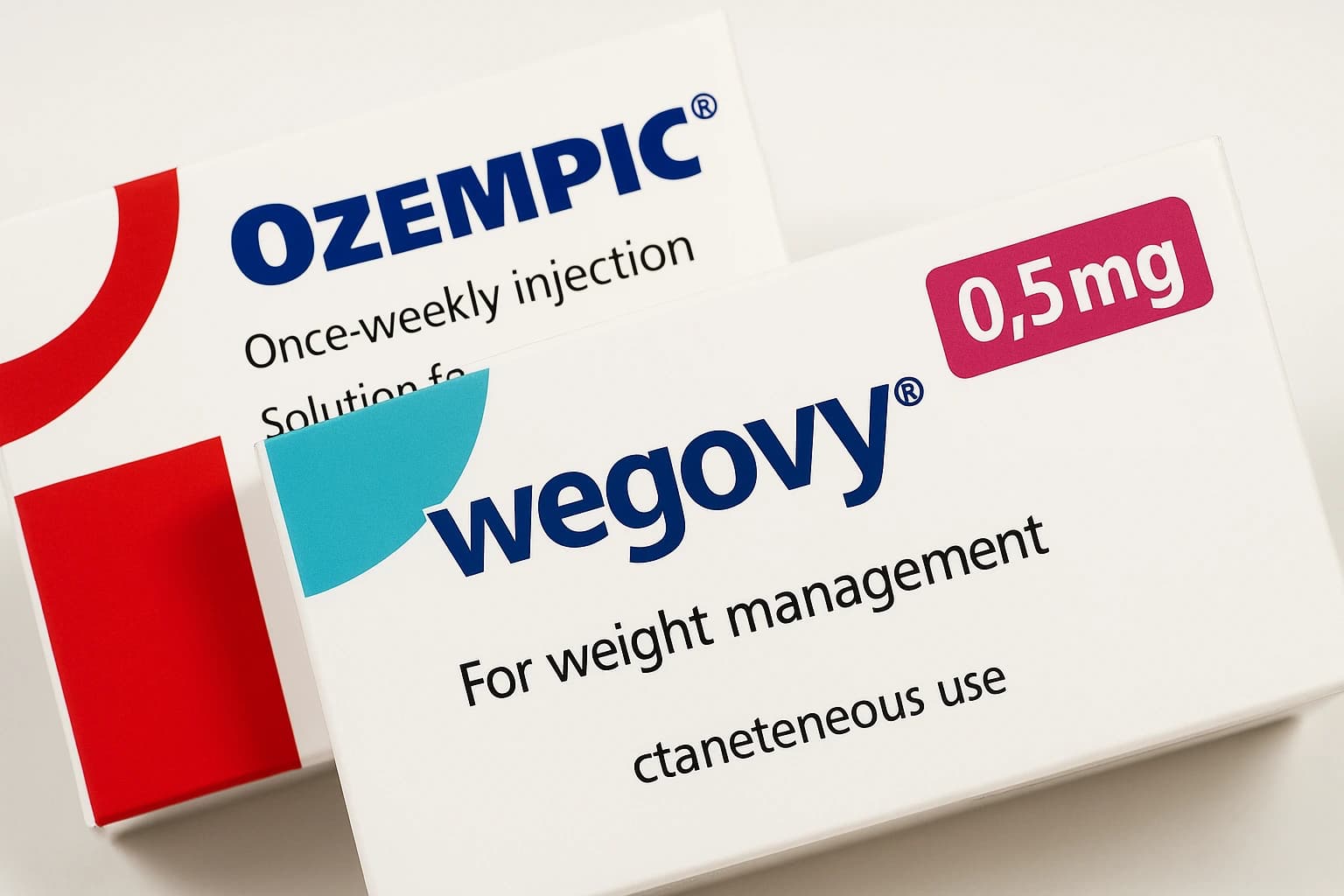Introduction to Compounded Semaglutide
What Is Semaglutide?
Semaglutide is a modern treatment that has gained attention for its effectiveness in managing type 2 diabetes and aiding in weight loss. Many people have seen significant results with semaglutide weight loss treatments, making it a promising option for long-term weight management. Semaglutide for weight loss is particularly effective in individuals who combine it with lifestyle changes such as diet and exercise. It regulates blood sugar levels by stimulating insulin release when needed, slowing stomach emptying, and reducing appetite through its action on specific brain regions. Additionally, it lowers glucagon levels, a hormone that raises blood sugar when it’s not needed.
In addition to those, semaglutide also offers benefits in protecting the heart, improving outcomes in heart failure, and reducing kidney complications in individuals with diabetes and chronic kidney disease.
Compounded Medications and How They Differ From FDA-Approved Formulations
Compounded medications are custom-prepared pharmaceutical formulations created to meet specific patient needs that cannot be addressed by standard, mass-produced drugs. Just as a child might require a medication without specific allergens or in a precise dosage not commercially available, patients are increasingly seeking compounded versions of drugs like semaglutide to meet their individual requirements.
Amid the ongoing semaglutide shortages and rising costs of medications, compound formulations have emerged as a critical alternative for patients seeking diabetes and weight management treatments. Licensed pharmacists in specialized outsourcing facilities can create these versions that follow strict Current Good Manufacturing Practice (CGMP) standards, ensuring patient safety while providing a more affordable and accessible treatment option.
Unlike FDA-approved formulations, compounded medications:
are not mass-produced,
may have slightly different inactive ingredients and
are prepared in smaller batches with more individualized specifications.




